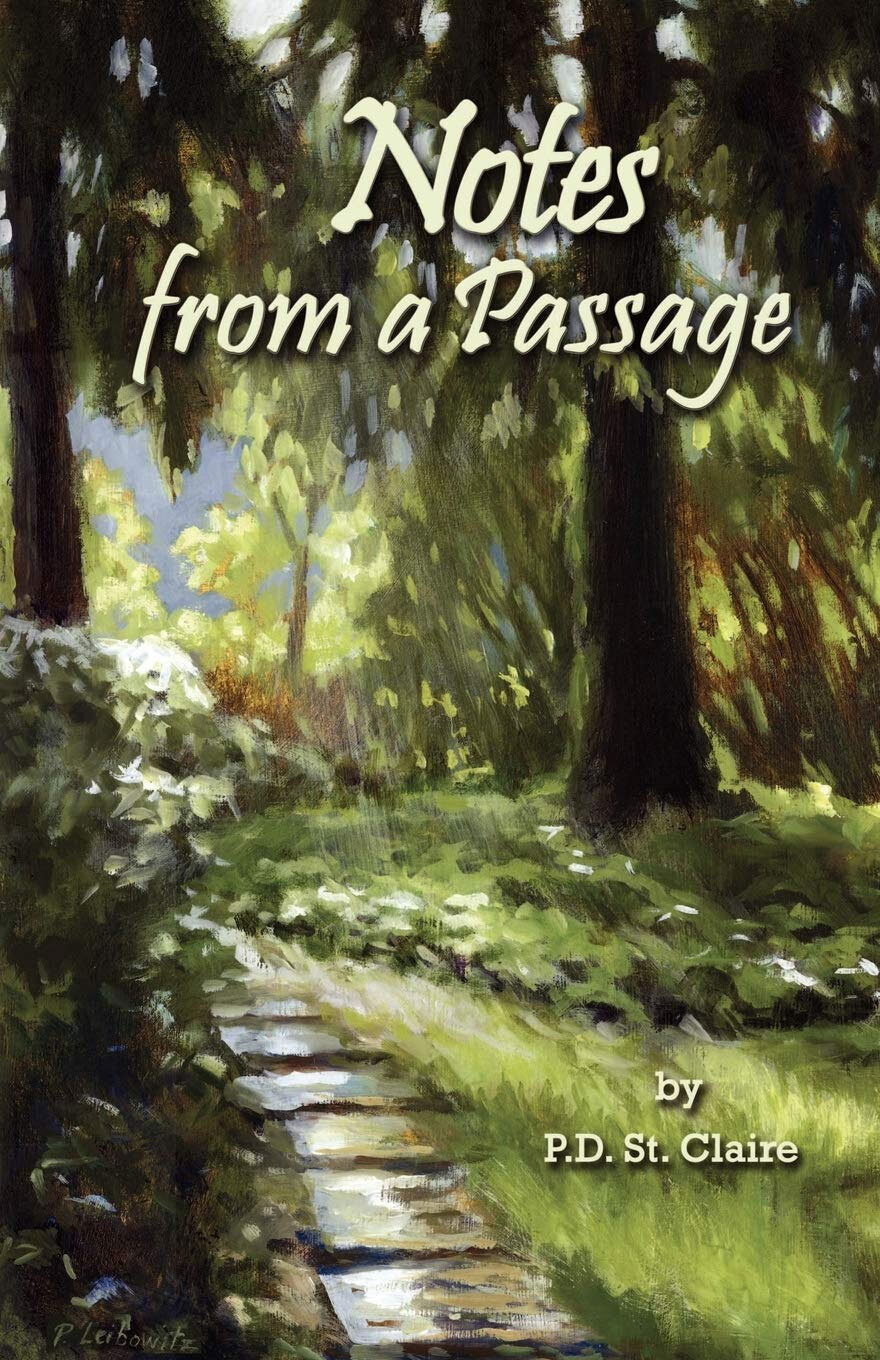Notes From a Passage
Introduction
Both of my parents have died, my father in 1982 and my mother five years later. They each lived a good life and with each of their passings we were blessed with a chance to say good-bye. And it was during their passings that I came to realize how little we had actually said to one another over the years, that most of what I learned from them was by things that were done or seen—things shared in common.
And so it is between myself and my children, two boys and a girl. I have coached them in soccer, played football with them, cheered them on in swimming, seated through exams and science projects, suffered with them the unfairness of teachers and school, anguished with them through bad friendships and the hurts and wonders of self discovery. And in all of this, across the years, few have been the moments that we have truly spoken to each other, when the walls of parenthood were so breached that I could speak with one or another of them as I might a close friend.
The limits of the spoken word were made clearest to me when my oldest son went on a retreat during his junior year at a nearby Jesuit high school. It involved some weeks of preparation and two nights away. Called Kairos, Greek for “God’s time,” the retreat was a time for each boy to plumb the emerging dimensions of his spiritual life. As parents, our participation was in the form of a letter to our son that would be read aloud to him and the others in the retreat. We were encouraged to express as best we could what he meant to us, the value that he was in our lives. It was not an easy task, but an immensely fulfilling one when done. And as I finished the letter, I realized that what I had written in it could not easily have been spoken, if at all.
It is because the spoken word can be so inadequate that we hug one another, that we must sometimes cry to express our joy, that at times we communicate best by silence. But still we must speak. Our children must know who we are and what we value – and why. They must be shown to see beyond the things we give them to make their lives more comfortable. We must pass on what we have learned from our own parents and what we have discovered in our own lives for it is on us as parents to make them better people than they would have been without us – more caring, more loving, less tolerant of the abuse of people and the doing of evil.
At the end of the day we must each assume the responsibility for our own happiness. As much as we care and as much as we try, we cannot make our children happy. Only they can do that. What we can and must do is to make certain that they see the need to develop and hold values and that the first amongst these is that the life of each one of us been given is sacred and of inestimable worth.
What follows was written first for my children. It is what I believe and have experienced about things that are important to me. It is in writing about them that I have come to a better understanding of them. And it is in writing about them that I hope that these things will be shared, that they will be made better and passed on – again.
